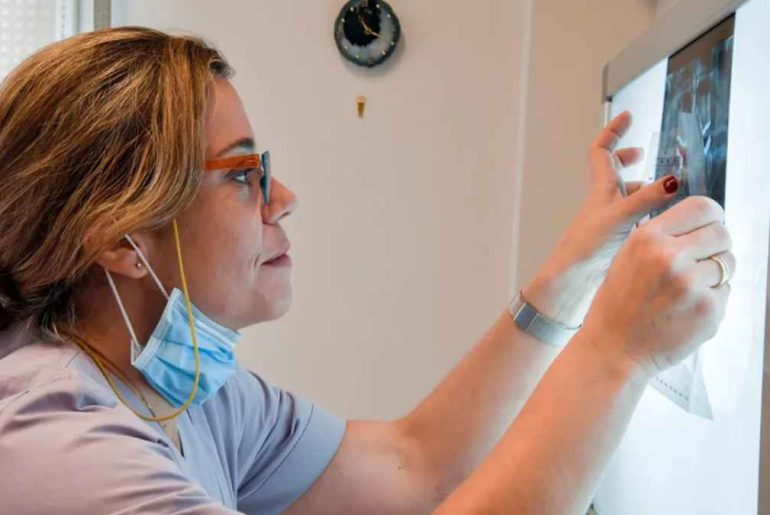Missing and decayed teeth are common dental problems affecting children, teenagers, and older adults. Fortunately, various replaceable options exist for missing, damaged, or decayed teeth. Consult a minimally invasive implants anaheim specialist if you want a permanent, less invasive solution for your damaged or missing teeth. These dental structures are quite different from traditional dental implants. They are smaller, cheaper, and provide faster results than regular dental implants. Minimally invasive implants are a great option if you also want to avoid the long recovery process involved with traditional implants. Below is what you should expect before, during, and after the procedure.
Before the Procedure
Before the procedure, you must consult your dentist to determine whether you are a good candidate for minimally invasive implants. The consultation involves a thorough examination of your teeth and gums. Your dentist will also check your medical and oral history to determine the best care and treatment for you.
Afterward, your dentist will use various imaging tests such as X-rays and CT scans to examine your bone density. These imaging tests also help determine where the implant should be placed.
After your dentist’s review, they might provide a list of various treatment options that might be suitable. It is important not to forget to ask any pending questions you might have during your consultation. Doing so will help you make informed decisions before starting treatment.
During the Procedure
After your dentist determines the best place to place your implant, they administer a local anesthetic to numb your gums and jaw. The second step involves making incisions into your gums by drilling a tiny hole into your jaw. This step will help expose the jawbone that will support your implant.
Afterward, your dentist will place the minimally invasive dental implant into the small hole before suturing the area around the implant. However, they will leave a small portion of the implant slightly exposed above your gums to properly and securely attach a temporary replacement tooth.
After the Procedure
After the minimally invasive dental implant procedure, you might experience pain and soreness that might last for a few days. Your doctor might recommend over-the-counter pain medications or ice to help manage your pain. However, if the pain is severe, visit your doctor immediately to avoid other oral complications.
Also, do not hesitate to contact your dentist if your jaw is still numb or your implanted tooth feels loose after a few days. It is important to have adequate rest after the procedure and avoid activities that might prolong your healing.
How Do You Care for Your Minimally Invasive Implants?
Ensure proper oral hygiene to prolong the effectiveness of your minimally invasive implants. It is best to care for them as you do for our natural teeth. Caring for your implants involves regular brushing and flossing at least twice daily. Also, consider regular dental check-ups and cleanings to keep your implants intact and prevent them from decaying.
Are You a Good Candidate for the Procedure?
Minimally invasive dental implants are not suitable for everyone, especially if your jawbone is not fully developed. Also, there are better options than this treatment if you often grind your teeth, especially when asleep. Other factors to confirm your eligibility include your overall health, lifestyle habits, and the type of medications you take. If your dentist finds you not eligible for this procedure, they might recommend other teeth-replaceable options.
Minimally invasive implants can help restore a healthy smile long-term. They are long-lasting and can last several years without needing repairs or replacement. While the benefits of these treatments are vast, it is important to note that every individual is different, and their dental needs might vary. Therefore, the effectiveness of these implants might also vary. However, with regular maintenance, you can improve the health of your implants.

